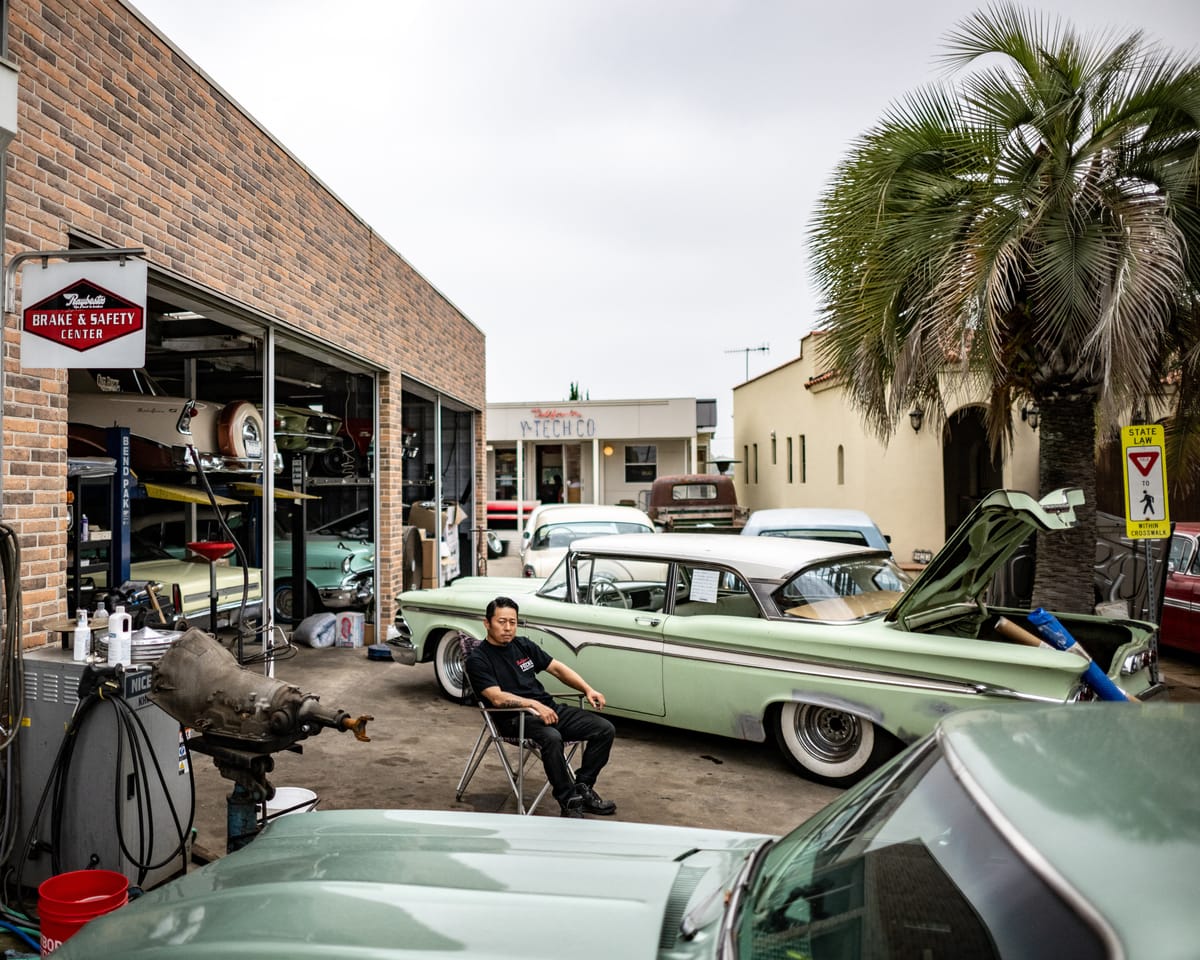Donald Trump has stated that Japan will allow greater access to its domestic market for US automobiles as part of the trade agreement reached this week. However, American carmakers may struggle to persuade Japanese drivers, who often view their vehicles as too large, unreliable, and inefficient.
Announcing the deal—which imposes a 15% tariff on Japanese imports, including cars—Trump wrote: "Japan will now permit more trade, covering automobiles, trucks, rice, and select agricultural goods."
Earlier this month, the US president had criticized Japan’s trade practices, saying, "Over the past decade, they’ve exported millions of cars to us but haven’t taken any in return."
The US has long argued that Japan employs non-tariff barriers to limit American auto imports. Data from the Japan Automobile Importers Association (JAIA) shows that only 16,707 US vehicles were sold in Japan in 2024.
By comparison, European brands—led by Mercedes-Benz and other German manufacturers—sold more than 250,000 units. Japan’s own auto industry remains the dominant force in the local market.
"We haven’t received any concerns from our members regarding non-tariff barriers for American cars," said JAIA’s Sho Matsumoto. Takeshi Miyao, an analyst at Carnorama’s Tokyo office, similarly noted no significant hurdles for US imports.
"Non-tariff measures exist for rice—a contentious issue in trade talks—to protect local farmers, but not for vehicles," he explained.
Miyao added that US automakers like GM and Ford have not prioritized the Japanese market. "They barely promote their products here and frequently don’t offer right-hand drive models, which limits sales."
The size of US vehicles also poses a challenge. For instance, the Ford F-150 pickup is roughly six meters long and two meters high—dimensions poorly suited to Japan’s narrow roads and constrained parking spaces.
Takahisa Matsuyama, who trains chauffeurs in Tokyo, noted that American cars continue to suffer from a poor reputation. "From older models like Cadillacs to today, they’re still seen as inefficient and prone to mechanical issues. That perception hasn’t changed much."
This sentiment is reflected in the 2025 vehicle reliability rankings by Consumer Reports, a US-based nonprofit. The top four brands—Subaru, Lexus, Toyota, and Honda—were all Japanese, while the lowest-ranked—Jeep, GMC, Cadillac, and Rivian—were American.
Matsuyama also pointed out that Japan’s best-selling vehicles have long been *kei* cars—compact models with modest 660cc engines. Despite reduced tax incentives over time, these small vehicles remain popular. Ironically, *kei* trucks have developed a niche following in the US through private imports—an unexpected contrast to the dominance of large American pickups at home.
Read next

Ukraine strikes on refineries leave Russians struggling with fuel shortages
Russia Faces Fuel Crisis as Drone Strikes Cripple Refineries
Russia, often regarded as an energy powerhouse, is experiencing unexpected fuel shortages after a series of Ukrainian drone strikes damaged refineries across the country.
In several regions, petrol stations have run out of fuel, prices have soared to unprecedented levels, and

"France in crisis: Economic dispute escalates into political turmoil"
France finds itself in economic uncertainty, lacking a budget and possibly facing a government collapse. Prime Minister François Bayrou has called for a parliamentary confidence vote on 8 September. With left-wing and far-right parties vowing to remove the government, he lacks the necessary support to prevail.
Recently, the Socialist Party

"MSF reports a third of Gaza outpatient wound patients are children"
Nearly one-third of outpatients treated for injuries at medical centers operated by Médecins Sans Frontières (MSF) in Gaza last year were children under 15, according to data published in The Lancet.
The statistics, shared by MSF in correspondence with the medical journal, were gathered from six healthcare facilities in Gaza,

